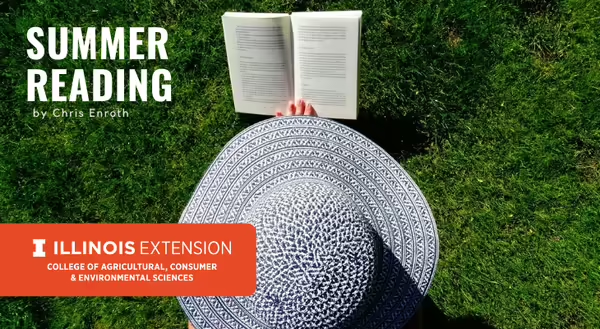
Boredom. I hear that’s a thing when living in a pandemic. During pandemics of historical note, Sir Isaac Newton uncovered the marvels of calculus. Before that, it is said Shakespeare wrote some of his best plays while sheltering-in-place.
Was it boredom that inspired such achievements? Perhaps. However, I prefer to argue that Newton was already a genius and Shakespeare’s masterful writing was honed over his lifetime. That at least makes me feel better that, even after months, I still haven’t fixed our dripping bathroom faucet.
Normally, during the summer we would be running around like crazy to ball games, birthday parties, barbeques, and maybe a road trip or two. Now that we’re stuck at home, we must be bored right? Wrong. Just know small children know how to fill time.
I’ve heard people are finding time to garden and even read books! I remember when I read books. These days, I spend my days reading work emails while a three-year-old holds his hands over my eyes asking if I can still see.
But let’s say you have older kids, no kids, or a good lock on the bathroom door and you would like to fill your time at home by expanding your knowledge of all things gardening and horticulture. What books would be good to read?
Illinois Extension focuses on science-based work. (Talk about boredom. First calculus and now dissertations.) Stick with me folks. I have just as much trouble as the next person reading through a dry science article, but there are some good garden writers that are embedded in the science of growing plants and they make it easy and fun to read.
Here are my picks:
- The Informed Gardener and The Informed Gardener Blooms Again – These two books, both by Washington State University associate professor, Linda Chalker-Scott delivers the science which refutes or supports some common and not-so-common garden myths. Her work is entertaining to read and she gives best practice advice that is useful for new and seasoned gardeners.
- Decoding Gardening Advice – Is it okay to use old pesticides? Should we water only in the morning? Jeff Gillman and Meleah Maynard answer these questions and 98 more in an easily digestible format. Meleah is a journalist and Jeff is an associate professor at University of Minnesota.
- The Living Landscape – This book by Rick Darke and Doug Tallamy, showcases the research and application behind the importance of creating landscapes that are both beautiful and enhance biodiversity. Tallamy, an entomology professor at University of Delaware, details his work showing the relationships between plants, insects, and further up the food chain. Darke, former curator of plants at Longwood Gardens, then shows how to apply that knowledge to create home landscapes for both humans and wildlife.
Truth be told, I have a bookshelf behind me full of horticulture books, but these listed above are books I enjoy reading and have found useful as a gardener.
If digital is more your thing, but you’re tired of the toxic garbage heap that is social media, consider filling your feeds with gardening and plants. Three Rivers Horticulture is an open Facebook group that posts local gardening news in West-Central Illinois. We also have a new private Facebook group where folks can join to ask gardening questions. Search for Illinois Extension Horticulture. Read and agree to the rules of the group and enjoy posts of timely science-based articles, outdoor photography, and ask your garden quandaries.
Hopefully, these horticultural resources can help fill the time as we social distance. Now if you’ll excuse me. While writing this I’ve been shot multiple times with foam darts. It’s time for dad to exact his revenge.
Good Growing Tip of the Week: The Good Growing crew also has a podcast that we post weekly. It’s called the Good Growing Podcast and is available on most podcast platforms or ask your smart speaker to “Play the Good Growing Podcast”.
Want to get notified when new Good Growing posts are available? SIGN UP HERE!